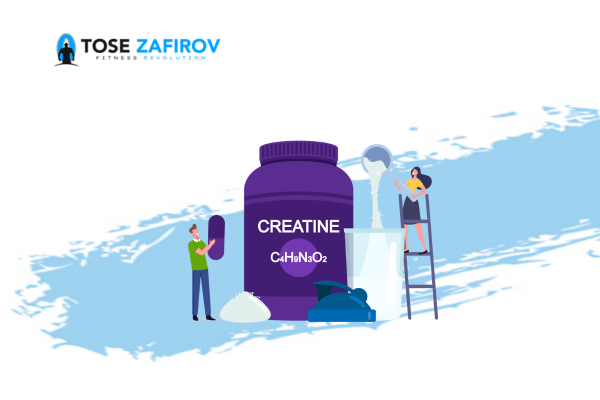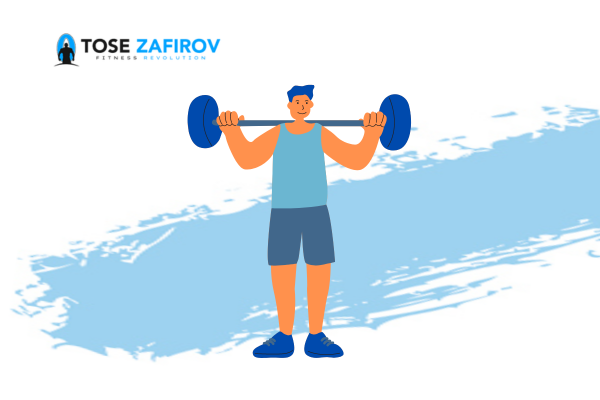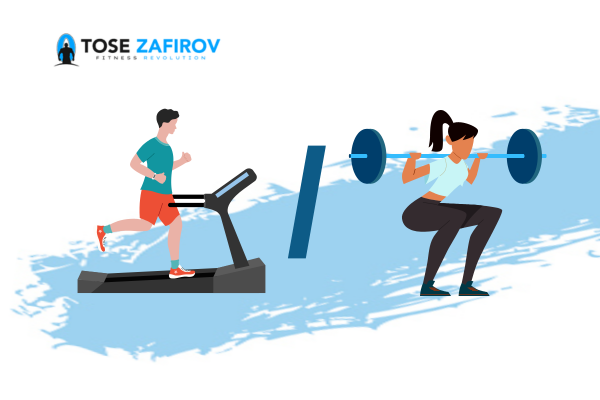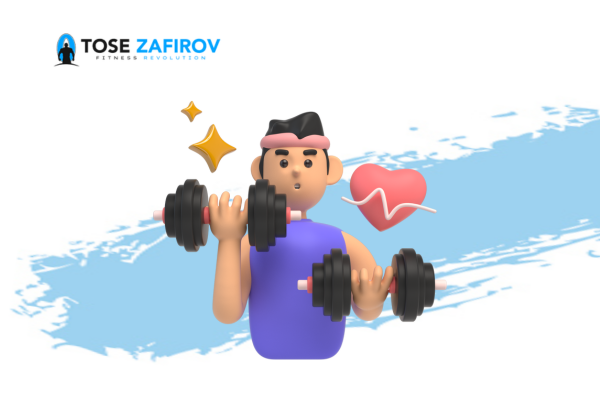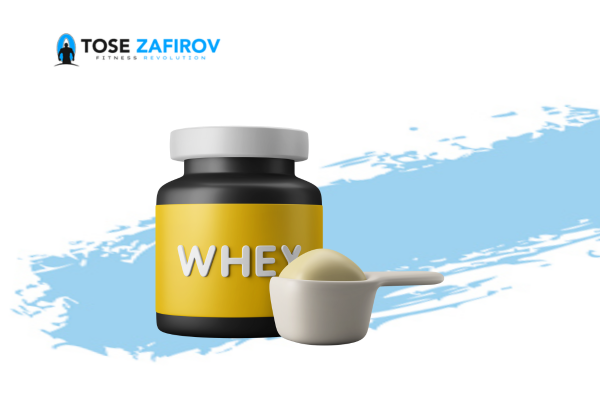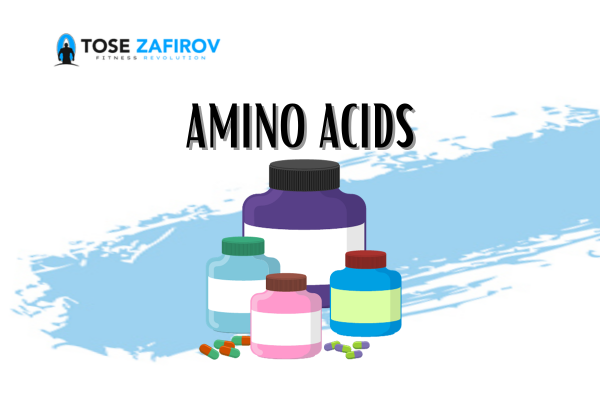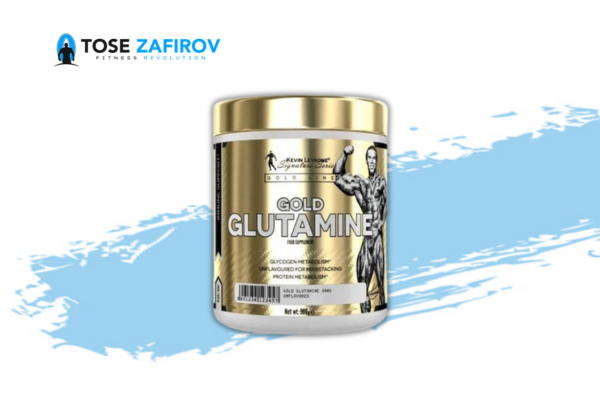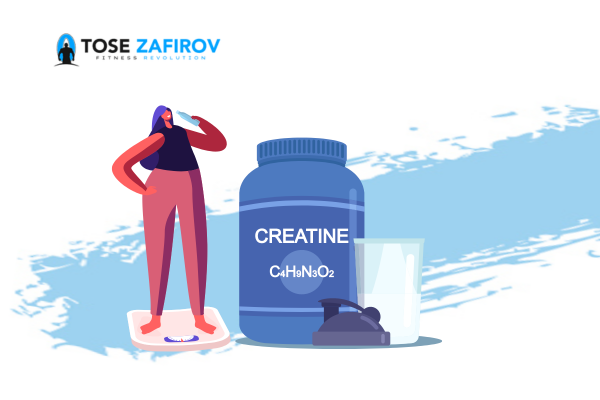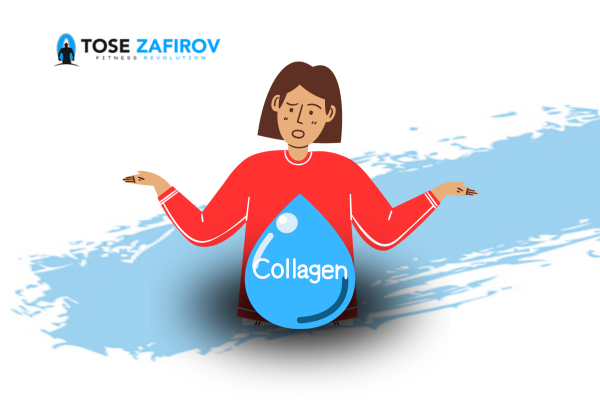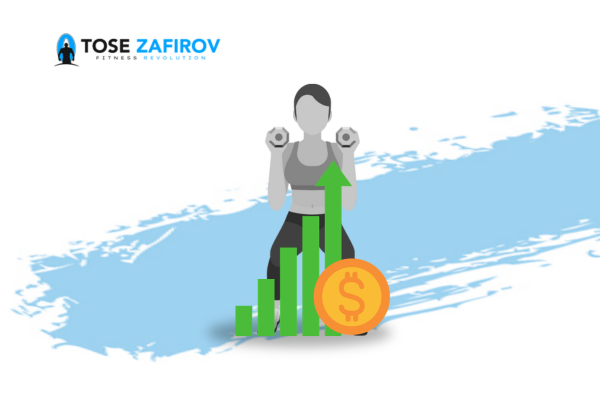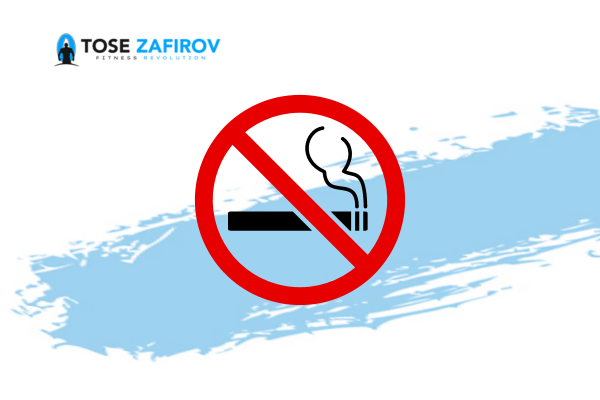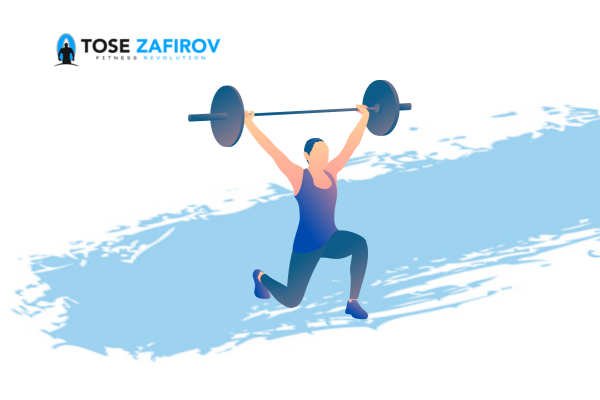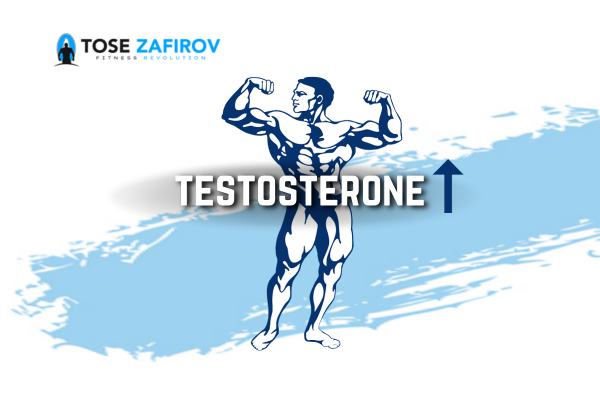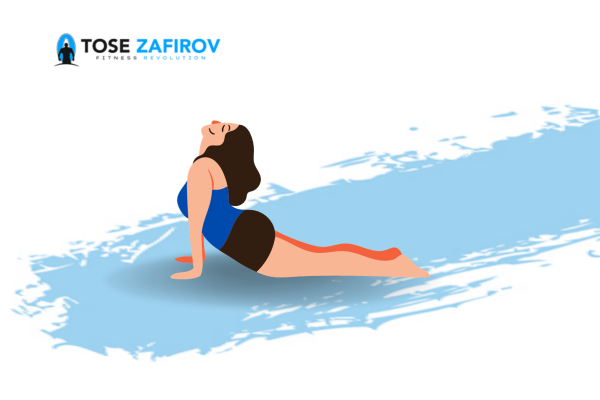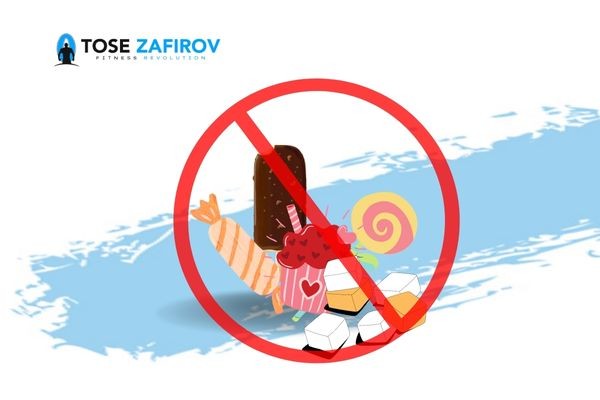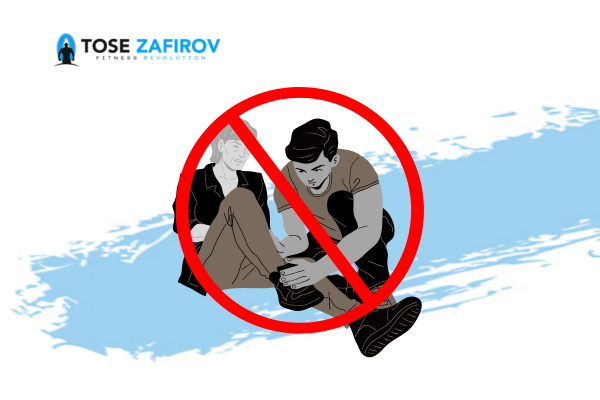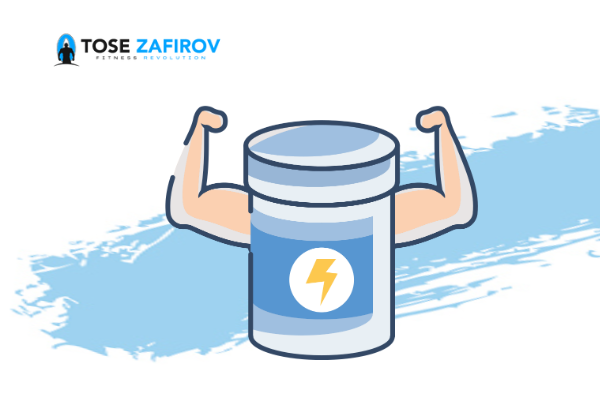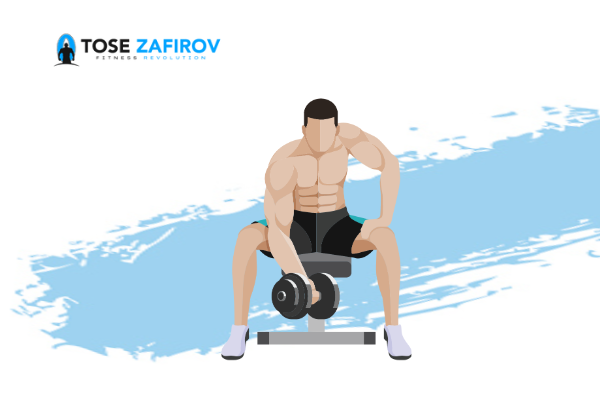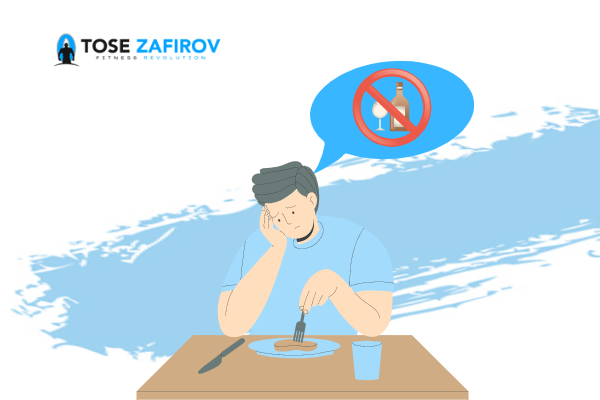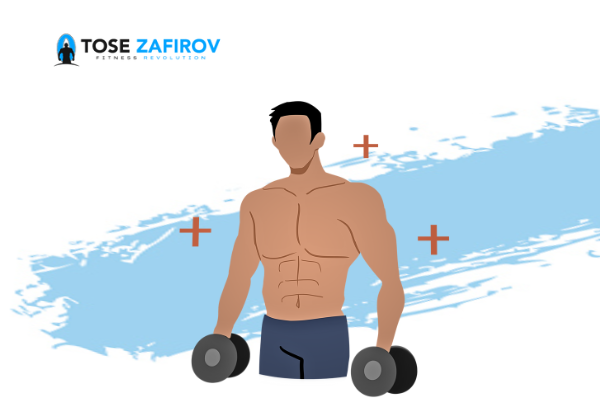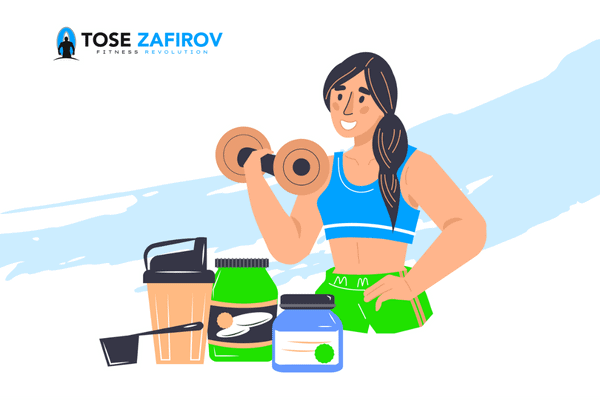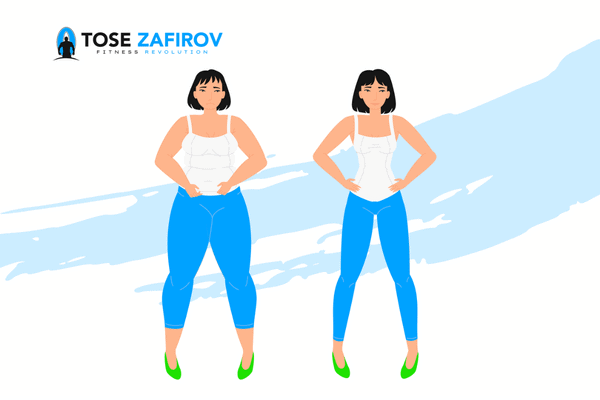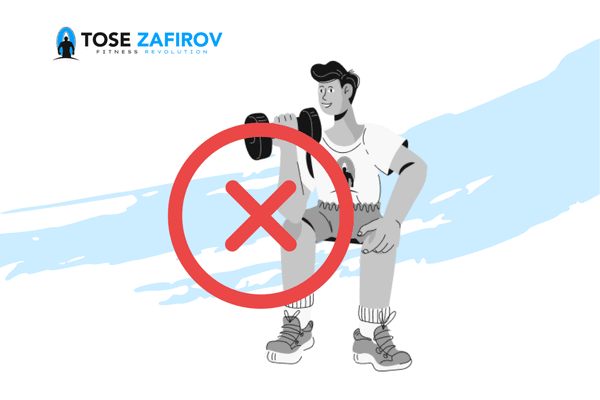Which Supplements Are Most Effective for Overall Health: Improve Your Body.
the search for a supplement is not so easy, to know which supplement suits your body is not just to go to the shops and take everything that is offered to me. More than half of the world’s population takes a supplement on their own, but is it safe. Today we will look at the most effective supplements that are safe to take, and we will take a closer look at specific supplements.
Key Takeaways:
⦁Incorporating a balanced diet, exercise, and adequate sleep is crucial for overall health.
⦁Vitamin D supplements are essential for maintaining strong bones and supporting immune function.
⦁Always consult with a healthcare professional before starting any new supplement regimen to ensure it aligns with your individual needs and health goals.
Why supplements?
Maybe you’re trying to combat a vitamin deficiency or reduce your risk of certain diseases—or just feel proactive about your health after popping a supplement that promises to improve your health.
Vitamin D
Vitamin D is important because it helps your body absorb calcium, reduces the risk of cancer, reduces the chances of developing type 2 diabetes, and helps strengthen your immune system. However, more than 50 percent of the world’s population has some type of vitamin D deficiency.
Few foods contain as much vitamin D as is needed for daily dietary needs. In addition, most people do not get enough sunlight to get the vitamin D they need, and sunscreens block our ability to make vitamin D. Therefore, this vitamin is important to add to your supplement list.
Pro Tip
inadequate sunlight exposure, consider adding vitamin D to your supplement
regimen to support calcium absorption, reduce the risk of cancer and type 2
diabetes, and boost your immune system, especially if you are prone to vitamin
D deficiency.
Magnesium
Magnesium helps regulate blood sugar and blood pressure by supporting several different types of biochemical reactions in your body.
It is usually found in legumes, seeds and whole grains. It is also found in green, leafy vegetables and avocados. Foods that are rich in dietary fiber are also a source of magnesium.
Magnesium also helps with sleep and bone health. Almost half of the world’s population does not get enough magnesium in their diet.
Pro Tip
Incorporate magnesium-rich foods such as legumes, seeds, whole grains,
green leafy vegetables, avocados, and dietary fiber sources into your diet to
support blood sugar regulation, blood pressure control, sleep quality, and bone
health.
Vitamin B12
The nutrient vitamin B12 keeps blood cells healthy and helps your body make DNA. It’s also important for preventing types of anemia, according to information from the National Institutes of Health.
B12 can be found in dairy foods and fish such as salmon, poultry and eggs. However, as people age, it becomes more challenging to get enough vitamin B12 in their diet.
If you’re concerned that you’re not getting enough vitamin B12 in your diet, talk to us and we can provide you with the information you need about this important health supplement.
Note
B12 is also an important supplement to take if you are vegan, as B12 is found almost entirely in animal foods.
Iron
One of the primary functions of iron is to help transport oxygen in the blood.
Adequate gut health and stomach acid production are also required for proper iron absorption. It is best to obtain iron from food intake; however, if blood levels are low, a person may be instructed by their healthcare provider to supplement. Those who are menstruating or those who are pregnant have increased iron needs.
For muscle mass
PROTEIN
Protein is the most important supplement for building muscle mass. It is rich in large amounts of essential amino acids that the body cannot produce on its own, so they must be consumed in the form of food or as a dietary supplement. Amino acids are, in short, food for the growth and development of muscle tissue.
CREATINE
Why it’s on this list: Creatine occurs naturally in the body and comes from food, with beef being the most abundant. Creatine can replenish your energy during training. It works by saturating the muscles with a high-energy complex called creatine phosphate, which can be used by the body as an immediate energy supplier.
It also hydrates muscle cells with water resulting in muscle fiber growth.
How to use: Best consumed half an hour before training and once again immediately after training. You can mix it with water or apple or orange juice.
This technique helps build muscle while you train and prevents your muscles from losing strength during exercise. It is recommended to drink about 20-25 grams of creatine in the loading phase (first 5 days) and 5-10 grams in the next 40 days.
Glutamine
Why it’s on this list: Glutamine is an amino acid that has been a favorite among bodybuilders for decades. Glutamine provides several benefits in muscle building – it increases muscle growth by adding leucine to muscle fibers, prevents the decline of muscle tone and keeps immunity high.
Glutamine consumed before training reduces muscle fatigue during training and stimulates the secretion of growth hormone.
How to use: The consumption of glutamine is recommended 3 times a day. Take the first dose with breakfast (5-10 grams with water or juice), then mix the same amount together with the protein shake before and after training.
Warning
Caution: When using protein, creatine, and glutamine supplements for muscle mass, it is important to follow recommended dosages and consult with a healthcare professional to ensure safe and appropriate usage.
Nothing replaces a good diet
No matter what your goal is when taking supplements, one thing is certain: they are not a substitute for a healthy, nutrient-dense diet.
“Supplements should be supplemental – meaning they enhance the benefits already provided by eating a well-rounded diet,” explains Toshe Zafirov.
Supplements should never be used in place of real food. Don’t underestimate what a nutrient-packed salad can do for you compared to factory-made pills.
Vitamins and minerals are essential to help your body develop and function properly. While most people get everything recommended by eating healthy, others need a little extra boost of nutrients. That’s where supplements come in – they provide you with the support your body needs to stay healthy.
Are supplements worth taking?
There’s a reason supplements are so popular: sometimes, they work.
“In addition to a healthy diet, there is evidence that some supplements can benefit overall well-being with little to no risk,” says Dr. Milstein.
Common supplements that can benefit your health include:
Vitamin B12, which can help keep nerve and blood cells healthy, make DNA, and prevent anemia
Folic acid, which can reduce birth defects when taken by pregnant women
Vitamin D, which can strengthen bones
Calcium, which can promote bone health
Vitamins C and E, which can prevent cell damage
Fish oil, which can support heart health
Vitamin A, which can slow vision loss from age-related macular degeneration
Zinc, which may promote skin health and slow vision loss from age-related macular degeneration
Melatonin, which can help counteract jet lag
Note
Supplements can provide potential health
benefits, including supporting nerve and blood cell health, preventing birth
defects, strengthening bones, promoting skin health, preventing vision loss,
and countering jet lag.
Bottom Line:
In the quest for optimal health, finding the right supplements for your body isn’t a simple task. It’s more than just blindly grabbing everything off the store shelves. While over half of the world’s population takes supplements, it’s important to consider their safety and effectiveness. In this article, we explored some of the most impactful and safe supplements to include in your routine.


